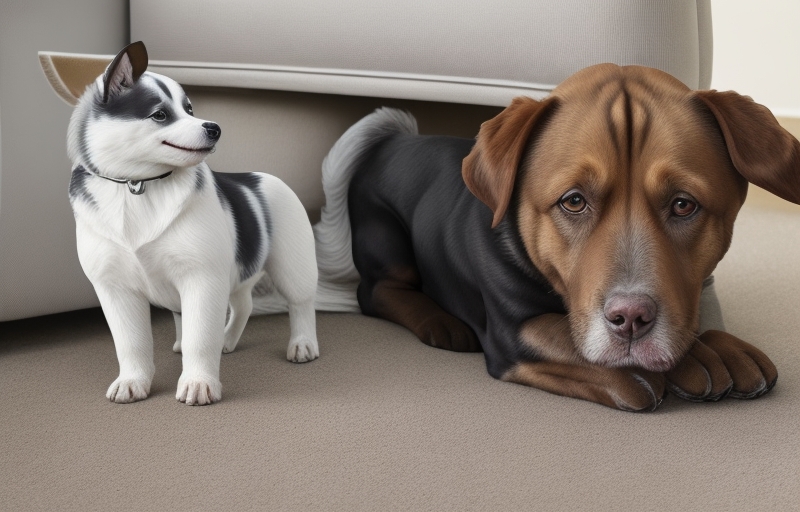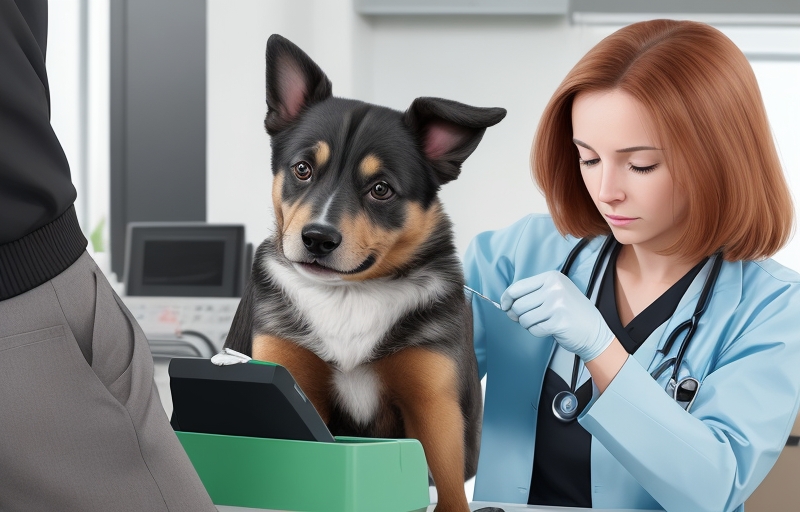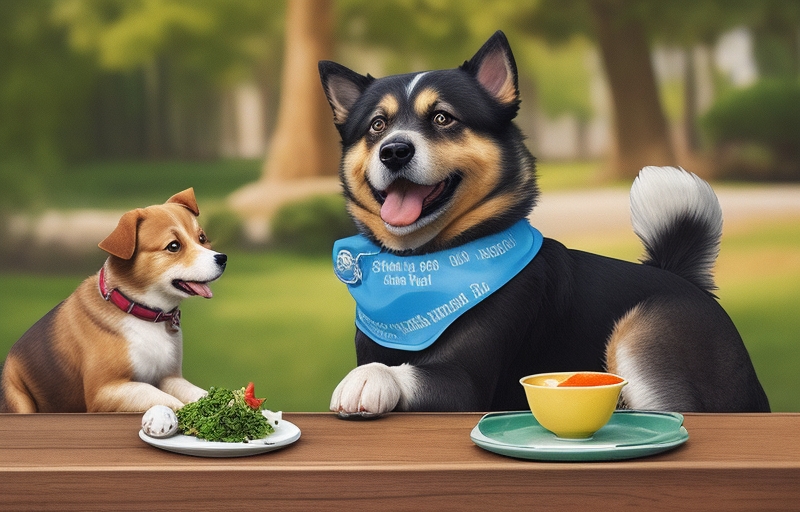Discover Causes of House Soiling in Senior Dogs, effective strategies, and compassionate solutions for handling house-soiling problems in senior dogs. Explore practical tips, behavioral insights, and expert advice to help you navigate this challenging situation with care.
Understanding Senior Dog Incontinence
As our canine companions age, they may encounter various health issues, including incontinence. One common manifestation of this condition is house soiling. If your senior dog has started peeing in the house, it’s essential to approach the situation with patience, empathy, and a proactive mindset. This comprehensive guide will explore the reasons behind this behavior and provide practical solutions to address and manage the issue.
Causes of House Soiling in Senior Dogs

1. Medical Factors
Senior dogs may experience health issues such as urinary tract infections, diabetes, or kidney disease, leading to incontinence. Consult with your veterinarian to rule out any underlying medical conditions.
2. Aging and Muscle Weakness
As dogs age, their muscles, including those controlling the bladder, may weaken. This can result in difficulty controlling urination, leading to accidents in the house.
3. Cognitive Dysfunction Syndrome (CDS)
Similar to dementia in humans, dogs can suffer from Cognitive Dysfunction Syndrome as they age. This may cause confusion, forgetfulness, and a lack of awareness of where they should relieve themselves.
Practical Strategies for Managing Senior Dog Incontinence
1. Veterinary Consultation and Diagnosis

Begin by consulting with your veterinarian to identify any underlying health issues. A thorough examination, along with tests if necessary, will help pinpoint the cause of incontinence.
2. Establish a Routine
Senior dogs often thrive on routine. Establish a consistent schedule for feeding, walks, and bathroom breaks to help your dog anticipate when they can relieve themselves outside.
3. Frequent Potty Breaks
Increase the frequency of bathroom breaks. Senior dogs may not be able to hold their bladders for extended periods, so allowing more opportunities to go outside can minimize accidents.
4. Comfortable Sleeping Arrangements
Provide your senior dog with a comfortable and easily accessible sleeping area. Avoid placing their bed too far from the door, making it easier for them to reach the designated bathroom area.
5. Use of Dog Diapers or Belly Bands
For cases where incontinence is a persistent issue, consider using dog diapers or belly bands. These can be effective in preventing accidents inside the house and are readily available in pet stores.
Behavioral Approaches to Senior Dog Incontinence
1. Positive Reinforcement
Reinforce positive behavior by praising and rewarding your senior dog when they successfully relieves themselves outside. This positive reinforcement can help them associate outdoor bathroom breaks with positive experiences.
2. Avoid Punishment

Avoid scolding or punishing your senior dog for accidents inside the house. They may not understand the reason for the punishment and could develop anxiety or fear, worsening the problem.
3. Cleaning and Neutralizing Odors
Thoroughly clean and neutralize any indoor accidents to eliminate residual odors. Dogs have a keen sense of smell, and residual odors may attract them to repeat the behavior in the same spot.
Creating a Supportive Environment for Senior Dogs
1. Adequate Hydration
Ensure your senior dog has access to fresh water at all times. Proper hydration is essential for overall health and can also help prevent urinary tract issues.
2. Balanced Diet

Feed your senior dog a balanced and age-appropriate diet. Certain dietary adjustments, such as reducing salt intake, can contribute to better urinary health.
3. Regular Exercise
Although your senior dog may not have the same energy levels as before, regular, gentle exercise is crucial for maintaining muscle tone and overall well-being.
Conclusion
Caring for a senior dog with house-soiling issues requires a combination of understanding, patience, and proactive measures. By addressing both the physical and emotional aspects of your dog’s well-being, you can create a supportive environment that enhances their quality of life during their golden years. Remember, consulting with your veterinarian and implementing a holistic approach will contribute to a happier and healthier life for your aging canine companion.
Read Also: House Soiling Causes and Solutions in Dogs
Frequently Asked Questions (FAQs)
Q1: Is it normal for senior dogs to experience incontinence?
Yes, it is relatively common for senior dogs to develop incontinence due to various age-related factors. However, it’s crucial to differentiate between normal aging and underlying health issues.
Q2: How can I tell if my senior dog’s house soiling is due to a medical problem?
Schedule a veterinary appointment for a thorough examination. Diagnostic tests, such as bloodwork and urinalysis, may be necessary to identify any underlying medical conditions.
Q3: Can incontinence in senior dogs be treated or managed effectively?
In many cases, yes. Once the underlying cause is determined, a combination of medical treatment, lifestyle adjustments, and behavioral strategies can help manage or improve incontinence in senior dogs.

1 thought on “Causes of House Soiling in Senior Dogs and Strategies To Solve”